- Clone
- Poly4055 (See other available formats)
- Regulatory Status
- RUO
- Isotype
- Goat Polyclonal IgG
- Ave. Rating
- Submit a Review
- Product Citations
- 6 publications
This polyclonal antibody reacts with the heavy chains of IgG and the light chains common to most immunoglobulins from Armenian hamster. No cross-reactivity has been detected against non-immunoglobulin serum proteins. This antibody has been solid-phase absorbed to ensure minimal cross-reaction with mouse, rat, human, bovine, and rabbit immunoglobulins, but may cross-react with Armenian hamster IgM and Syrian hamster immunoglobulins.
Product DetailsProduct Details
- Verified Reactivity
- Armenian Hamster
- Antibody Type
- Polyclonal
- Host Species
- Goat
- Formulation
- Phosphate-buffered solution, pH 7.2, containing 0.09% sodium azide and 0.2% (w/v) BSA (origin USA).
- Preparation
- The antibody was purified by affinity chromatography, and conjugated with DyLight™ 488 under optimal conditions.
- Concentration
- 0.5 mg/mL
- Storage & Handling
- The antibody solution should be stored undiluted between 2°C and 8°C, and protected from prolonged exposure to light. Do not freeze.
- Application
-
FC - Quality tested
- Recommended Usage
-
Each lot of this antibody is quality control tested by immunofluorescent staining with flow cytometric analysis. For flow cytometric staining, the suggested use of this reagent is ≤ 0.5 µg per 106 cells in 100 µL volume. It is recommended that the reagent be titrated for optimal performance for each application.
* DyLight™ 488 has a maximum absorption of 493nm and a maximum emission of 518 nm (similar to Alexa Fluor® 488 or FITC). - Application Notes
-
This conjugated goat anti-hamster IgG antibody is useful for immunofluorescent staining with flow cytometric analysis or microscopy.
- Product Citations
-
- RRID
-
AB_1575117 (BioLegend Cat. No. 405503)
Related Pages & Pathways
Pages
Related FAQs
Other Formats
View All Armenian Hamster IgG Reagents Request Custom Conjugation| Description | Clone | Applications |
|---|---|---|
| Biotin Goat anti-hamster (Armenian) IgG | Poly4055 | FC,ELISA,ICFC,IHC,ICC,WB |
| FITC Goat anti-hamster (Armenian) IgG | Poly4055 | FC |
| DyLight™ 488 Goat anti-hamster (Armenian) IgG | Poly4055 | FC |
| DyLight™ 594 Goat anti-hamster (Armenian) IgG | Poly4055 | ICC |
| DyLight™ 649 Goat anti-hamster (Armenian) IgG | Poly4055 | FC |
| Alexa Fluor® 647 Goat anti-hamster (Armenian) IgG | Poly4055 | FC |
| Alexa Fluor® 488 Goat anti-hamster (Armenian) IgG | Poly4055 | FC |
| Alexa Fluor® 594 Goat anti-hamster (Armenian) IgG | Poly4055 | IHC-F |
Customers Also Purchased
Compare Data Across All Formats
This data display is provided for general comparisons between formats.
Your actual data may vary due to variations in samples, target cells, instruments and their settings, staining conditions, and other factors.
If you need assistance with selecting the best format contact our expert technical support team.
-
Biotin Goat anti-hamster (Armenian) IgG
-
FITC Goat anti-hamster (Armenian) IgG
-
DyLight™ 488 Goat anti-hamster (Armenian) IgG
-
DyLight™ 594 Goat anti-hamster (Armenian) IgG
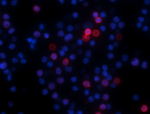
Mouse splenocytes were fixed with 2% paraformaldehyde (PFA) ... -
DyLight™ 649 Goat anti-hamster (Armenian) IgG
-
Alexa Fluor® 647 Goat anti-hamster (Armenian) IgG
-
Alexa Fluor® 488 Goat anti-hamster (Armenian) IgG
-
Alexa Fluor® 594 Goat anti-hamster (Armenian) IgG
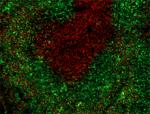
C57BL/6 mouse frozen spleen section was fixed with 4% parafo...










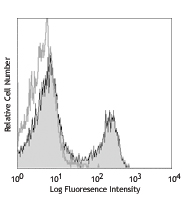
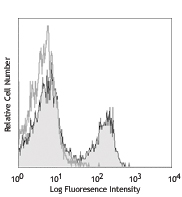
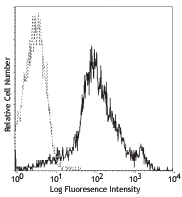
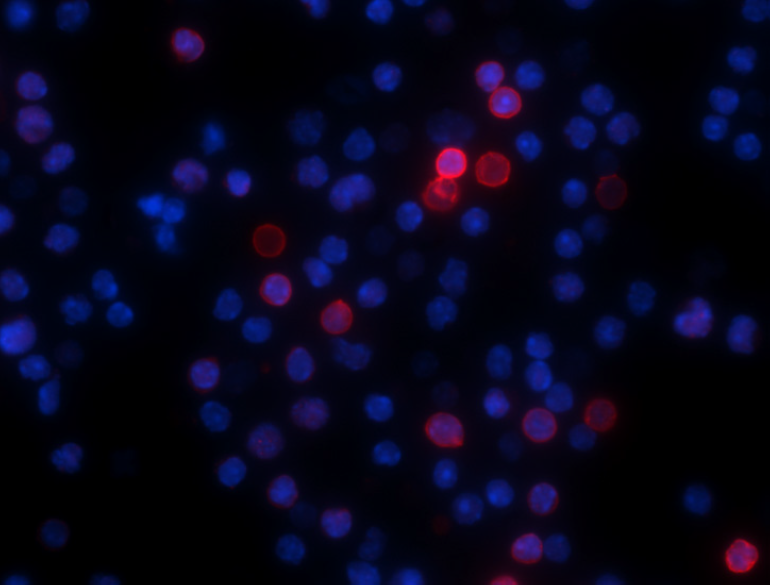







Follow Us